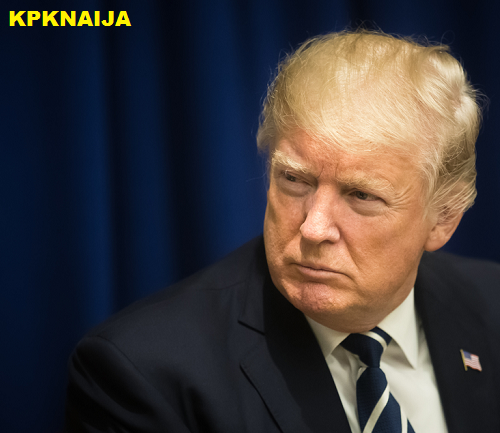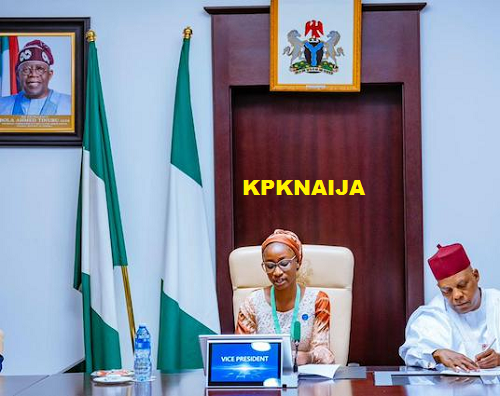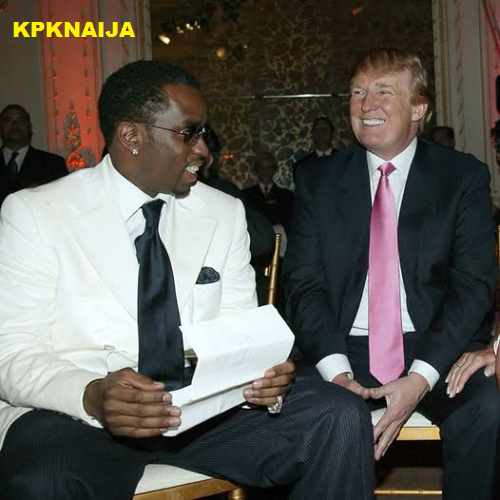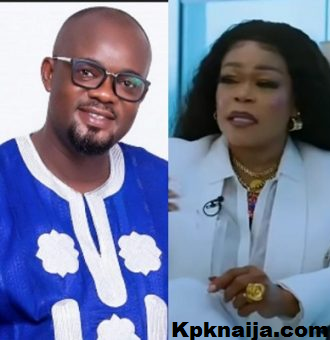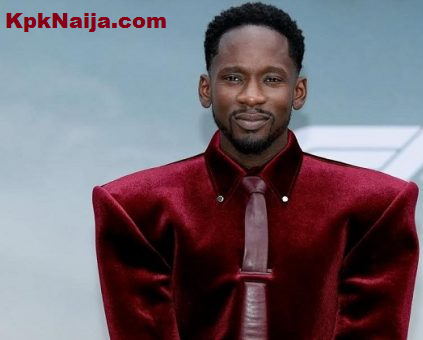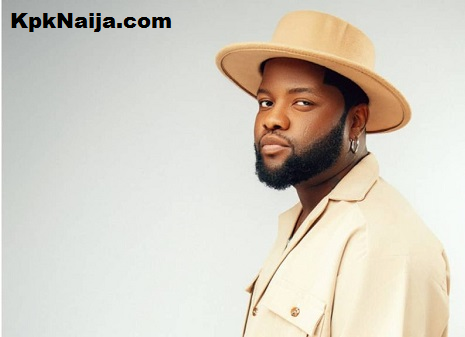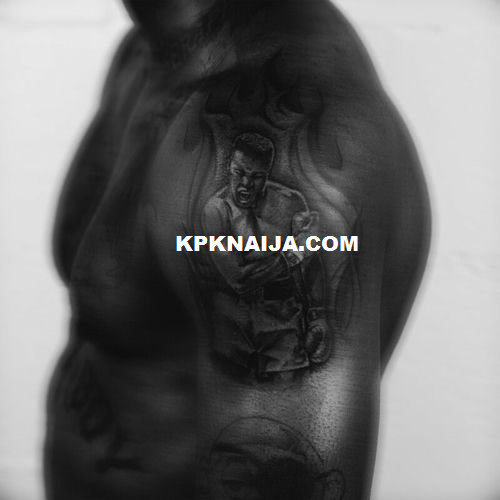Melania Trump Faces Defamation Lawsuit Filed by Journalist Michael Wolff
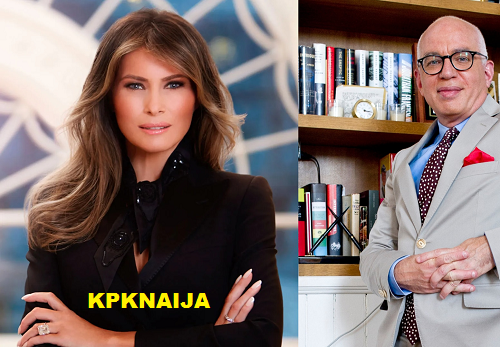
Melania Trump, the former First Lady of the United States, has found herself at the center of a legal battle, as prominent journalist Michael Wolff has filed a defamation lawsuit against her. The lawsuit stems from accusations of harm to Wolff’s reputation after certain statements made by Melania Trump regarding his reporting.
The legal conflict originated from Melania Trump’s response to Wolff’s 2018 book, Fire and Fury: Inside the Trump White House, which offered an inside look into the Trump administration. In the book, Wolff made explosive claims about the former President’s tenure and the inner workings of the White House, including controversial remarks about Melania Trump’s role and sentiments.
Melania Trump’s lawyers have reportedly called Wolff’s reporting “false” and “distorted.” In response, Melania Trump publicly stated that Wolff's portrayal of her was inaccurate, causing substantial damage to her personal and professional image. Wolff alleges that these statements, made by the former First Lady, were defamatory, and he is seeking legal redress for the harm caused to his credibility.
In his legal filing, Wolff argues that Melania Trump's remarks have misrepresented both the intent and the content of his work, particularly when he recounted her private opinions on various matters surrounding the White House and her husband’s presidency. Wolff is asserting that these misrepresentations were malicious and have led to public backlash, threatening his reputation and career as a journalist.
The lawsuit includes claims for financial compensation, with Wolff stating that the defamation has had a severe impact on his ability to work effectively and maintain his standing within the media industry. Wolff’s attorneys contend that Melania Trump’s comments were “false, defamatory, and made with malicious intent,” which they argue were aimed at harming his professional integrity.
The legal battle between Melania Trump and Michael Wolff has garnered significant attention not just in the courtroom, but also in the media. The lawsuit has stirred up discussions on the balance between freedom of speech, public figures' reputations, and journalistic integrity. It underscores the complexities of defamation laws, particularly when public personalities and media figures clash over the portrayal of their actions, statements, or character.
If the case proceeds to trial, it could set important precedents regarding how public figures, especially those in high-profile positions, engage with media coverage and deal with perceived inaccuracies in reporting.
Defamation lawsuits involving public figures are always high-profile events, with implications far beyond the individuals involved. Public figures like Melania Trump and journalists like Michael Wolff often find themselves at the intersection of intense public scrutiny and legal challenges. For journalists, the risks of defamation litigation can impact their ability to freely report, while public figures must navigate the delicate balance of defending their reputation without stifling journalistic freedom.
In a rapidly changing media environment, this case could provide valuable insights into the evolving relationship between media outlets and those who find themselves often in the public eye. The outcome of this lawsuit could also influence future defamation cases involving political figures, journalists, and other public personalities.
As the lawsuit unfolds, the public will be watching closely to see how the courts rule on the claims made by Michael Wolff and how Melania Trump’s legal team responds to the accusations. The defamation case is not only a battle between a former First Lady and a journalist but also a significant moment in the ongoing debate about free speech, press freedom, and the protection of public figures' reputations in the media.
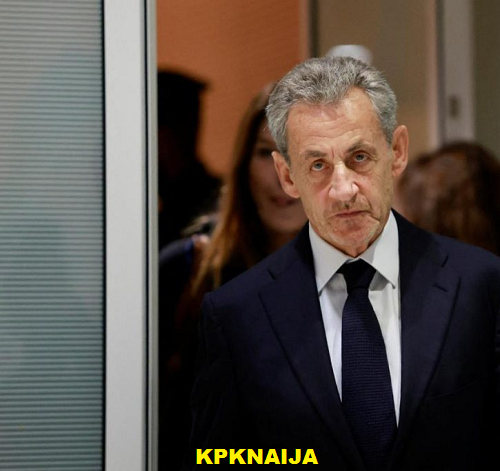 Nicolas Sarkozy Jailed in Gaddafi Campaign Funding Scandal: Historic French Corruption Conviction
Nicolas Sarkozy Jailed in Gaddafi Campaign Funding Scandal: Historic French Corruption Conviction
Whether you're searching for party jams, motivational tracks, romantic ballads, gospel tunes, or hype street anthems, kpknaija delivers non-stop entertainment that reflects the rich soundscape of Nigeria. Download the latest Nigerian songs in high-quality MP3 format on kpknaija. Stay updated with trending Afrobeats, Naija hits, and new music releases daily.
Disclaimer!!! All music files available on this website remain the intellectual property of their respective copyright holders. They are provided solely for the purposes of critical review, academic research, and promotional use. No copyright infringement is intended.
If you are a copyright holder and believe that your work has been used improperly, please contact us at about_us @ kpknaija .com to request its removal.
